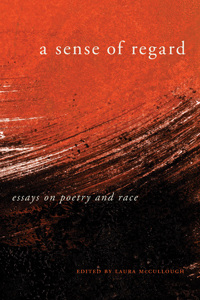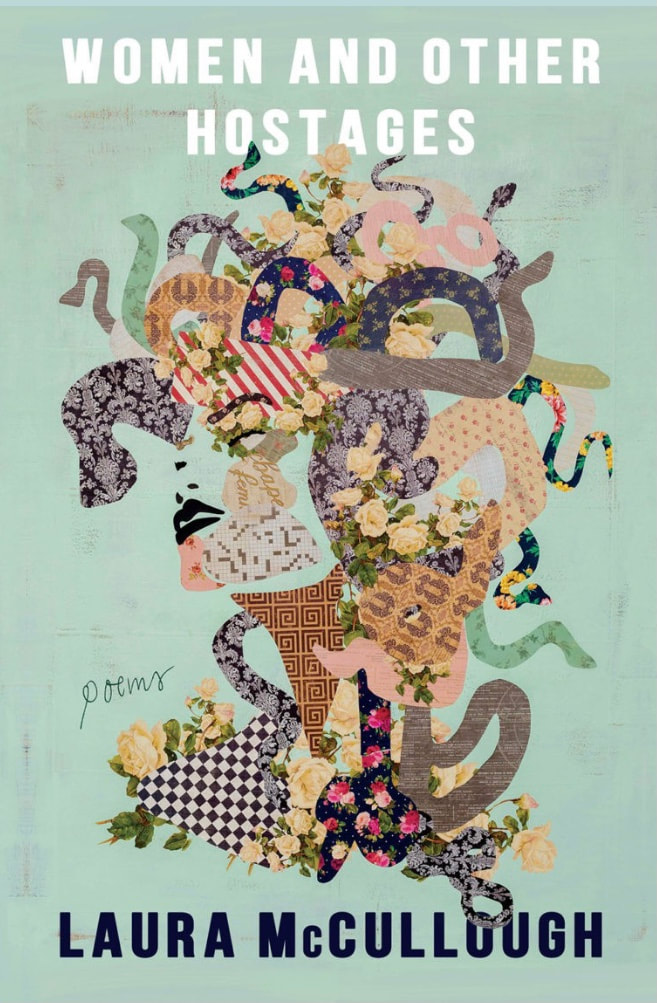LAURA MCCULLOUGH
 Mihaela Moscaliuc opens are brilliant scholarly essay with this: A cartoon by Matthew Diffee, published in the August 5, 2002 issue of The New Yorker shows a man answering the phone. "I'm sorry—you have the wrong language," the caption reads. You may have guessed: the man is white, casually elegant, presumably an intellectual, or at least a reader, if we are to go by the usual stereotypes: thick glasses and a thick tome he has bookmarked with his finger. Someone has interrupted his reading. Someone has assaulted his ears with foreign sounds. This someone needs to be put in his/her place: my way or the highway. This someone either owns the wrong tongue or has reached, by accident, a tongue (English) for which he/she is “wrong”—i.e., unsuitable. Either way, the non-English speaker needs to be reminded of the unassailable right of the English language to be the “right” language. The man’s genteel, if perfunctory, “I’m sorry” and his mismatching facial expression (perhaps offended, perhaps repulsed) capture the tenor of some of the prevalent concerns about the future of the American national language. Today, the anxiety stamped on the man’s face would be exacerbated by on-going debates on bilingualism/multilingualism and on the potential of immigration reforms to forestall, decelerate, or accelerate transformations within dominant national discourses. And closes it thus: We know that American English has always been, and continues to be, a language-in-the-making, regardless of our chronic fears of contamination, but we do not know, of course, the extent to which the non-English languages of the nation will (be able/allowed to) participate in such processes of transformation. We do know, however, that the recombinant dictions of Nuyorican, “borderlands,” and Chicano poets (as those mentioned here, as well as others, such as Victor Hernández Cruz, Giannina Braschi, and Guillermo Gómez-Peña) have the poetention of exacting change. Moreover, these poets are not alone, of course, in recalcitrating against the ethnocentrism of English. Others, such as Kimiko Hahn (in “The Izu Dancer”), Barbara Jane Reyes (in Poeta in San Francisco), and R. Zamora Linmark (in The Evolution of a Sigh and in other works), make visible in their poems the dialogues and clashes between languages and cultures and unsettle, in the process, various hierarchies of values upheld by the dominant culture. Their use of Spanish, Japanese, Chinese, Tagalog, Filipino English (Taglish), or Hawaii creole, and direct engagements with issues of translatability interrupt and disturb — productively, I would argue - normative readings practices. Perhaps in time these poets will alter reading expectations as well, making us less likely to respond with “Sorry—you have the wrong language.”
0 Comments
Leave a Reply.Archives
October 2023
Categories
All
|

 RSS Feed
RSS Feed
